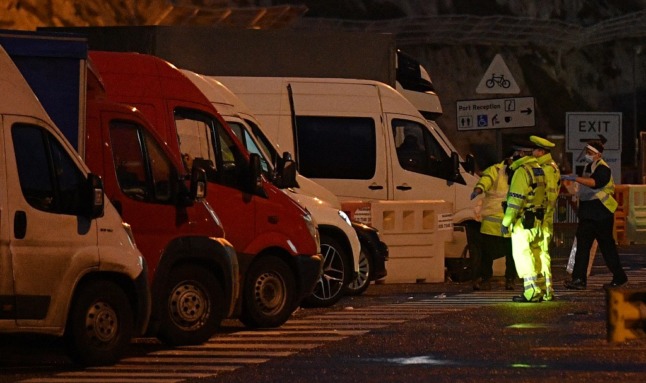While the Brexit-related issues around driving a normal car from the UK to France are now largely resolved, another change is on the horizon in 2022, and it concerns vans or car trailers.
What
From next year, an international goods vehicle operator licence will be required for people based in the UK who want to bring a van over to the EU or Schengen zone.
It costs £257 (€301) to apply for a goods vehicle operator licence plus an extra £401 (€470) for the licence. It needs to be renewed every five years at a further cost of £401.
When
The change comes into force in May 21st, 2022.
Who
The changes do not affect everyone and depend first of all on the size of your van or trailer and secondly on the reason for your trip.
The rules apply to;
- vans with a maximum authorised mass (MAM) over 2,500kg (2.5 tonnes) and up to and including 3,500kg (3.5 tonnes)
- vans towing a trailer with a gross train weight (GTW) over 2.5 tonnes and up to and including 3.5 tonnes
- cars towing a trailer with a GTW over 2.5 tonnes and up to and including 3.5 tonnes
The smallest Ford Transit-type vans are generally less than 2.5 tonnes MAM, but a long-wheel base van is likely to be covered by this regulation.
Then there is the purpose of your trip.
The licence is not required if you are “transporting goods on a non-commercial basis (not for ‘hire or reward’)”, the UK government website states.
So if for example you have loaded up your own van to bring furniture over to your French house, then the licence is not required because you are not being paid for this service – although you may have to pay duty on the items you bring in – click here for more details.
But the regulation will cover removal firms or couriers – so if you are using any of these services to transport goods to France, expect prices to increase to cover the operator’s costs.
The regulations apply only to those based in the UK, so if you want to take a van over from France to the UK then there is no need for the extra licence.
Find full details of the changes on the UK government’s page HERE.
This is just one of many Brexit-related changes to travelling between France and the UK – click here for the full list.



 Please whitelist us to continue reading.
Please whitelist us to continue reading.
More Brexit benefits, well they said they knew what they were voting for (although I very much doubt it) , why would you vote for an increase in red tape, an increase in more costs and inconvenience, perhaps they were either gullible or none too bright.
“Perhaps they were either gullible or none too bright.”
No. Just Daily Mail readers.👿
Did anyone vote to leave ? Bet you can’t find anyone who admits to it now !
Or anyone that admits voting for the court jester 😲😛